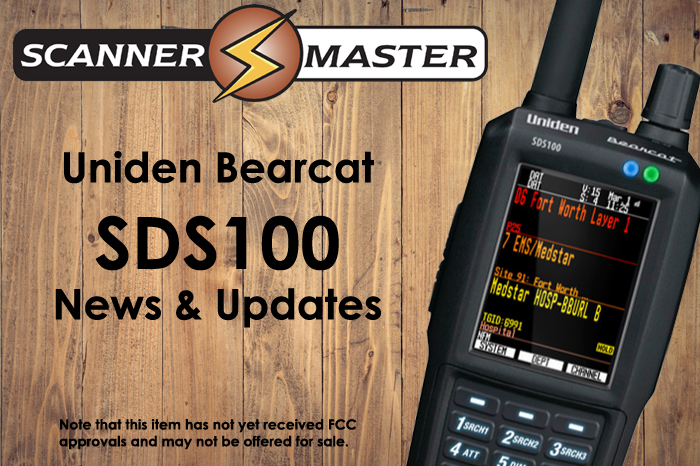
One common question people have in today’s Internet and app heavy environments is whether a handheld Uniden scanner or Whistler scanner is really necessary since people can access online police scanners. Handheld police scanners are still an essential piece of hardware for people to own for several reasons.
Running a scanner app on your smart phone limits your channel selections. With an app, you are limited to a few frequencies rather a full spectrum of scanner radio frequencies. With a battery operated handheld scanner you have access to more channels, the ability to monitor your local area better with access to not only sheriff, police, and fir dispatch channels, but also tactical, detective, SWAT, state police, highway patrol, fire ground, and numerous other channels rarely offered on scanner apps. In addition, you can monitor public works, university police, transits and so much more. Remember too, that thousands of local, county, and state agency dispatch channels are not offered on apps since there is no one local in many areas feeding the audio to the Internet. These apps generally rely on hobbyists, who may just decide to take down their feed at any time.
Also, consider you are home during a severe thunderstorm and the power goes out. Your home Internet and cellular hotspot services are down and not working. As a result, you cannot access online police scanners from your computer or smart phone. You have no way of knowing what is going on because you are cut off from the police radio scanner transmissions.
However, if you have a battery operated handheld scanner radio, like the Uniden BCD436HP or Uniden HomePatrol HP2, it does not matter if the power is out or whether your Internet or hotspot service is functioning. You are able to listen and monitor radio frequencies from your local law enforcement agencies, fire departments, and emergency responders, as well as other numerous other agencies in your community, and know exactly what is going on in regards to the severe storm.
If you are like 90 percent-plus of the people out there who buy police scanners to listen to live police scanner audio feeds and fire department audio feeds, you want to make sure you hear all of the transmissions from city, county, volunteer, and state agencies. The easiest way to ensure you are able to monitor all of these transmissions is with a Uniden scanner, like the BCD436HP or HomePatrol HP2.
How to Program a BCD436HP and HomePatrol HP2 Uniden Scanner Radios
The BCD436HP and HomePatrol HP 2 Uniden scanner radios are one of the easiest scanners on the market to program. You do not need an advanced degree in computers and electronics to program this scanner. It is as simple as entering in your zip code into the scanner. The scanner does all the work and downloads all of the available scanner radio frequencies available in your area. If you ever want to update the radio frequencies, like if you take the handheld scanner with you on vacation, you just enter in the zip code for wherever you are and the scanner updates to that location.
To learn more about handheld Uniden scanner radio models, including the BCD436HP or HomePatrol HP2, or for professional assistance in choosing the best scanner for your area and needs, contact us today at 1-800-SCANNER (1-800-722-6637).






 People use police scanner radios for a variety of different purposes
People use police scanner radios for a variety of different purposes

